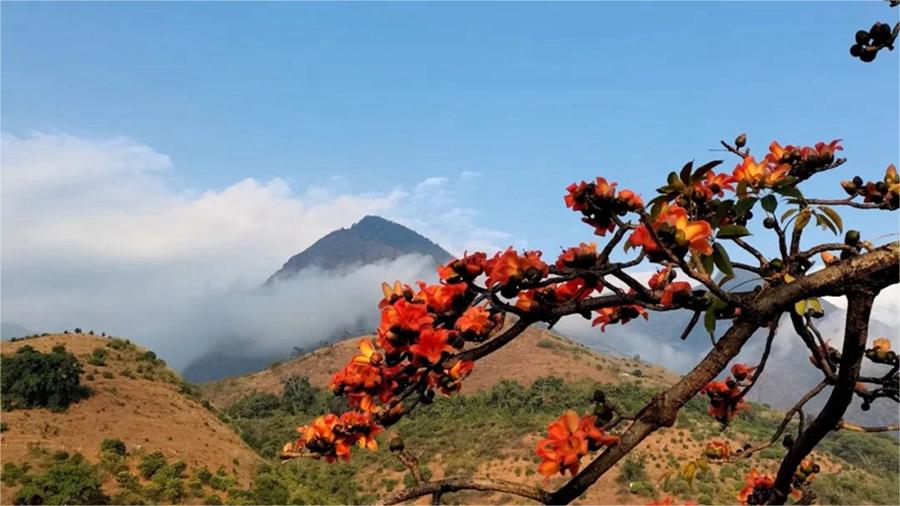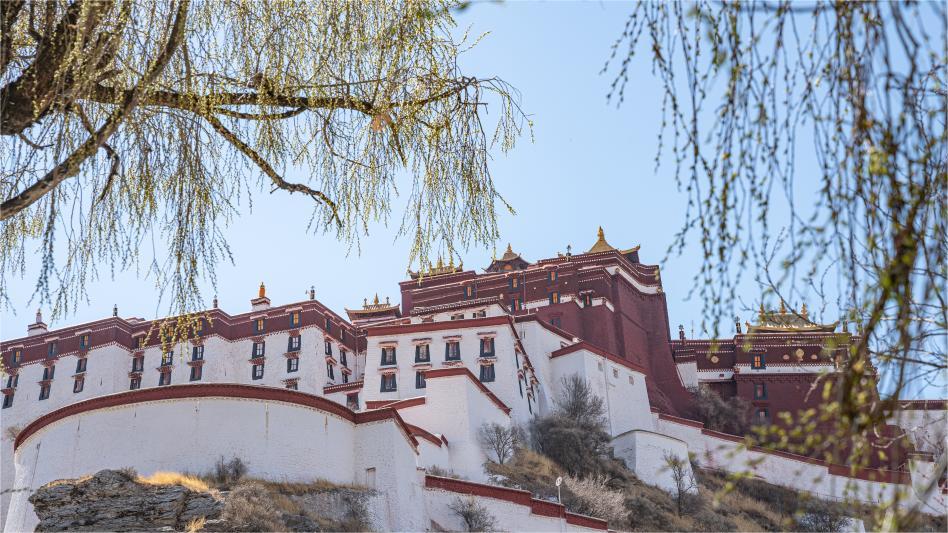Blinken visits Manila; may eye an AUKUS-like mechanism: expert
A trilateral cooperation mechanism of the US, Japan and the Philippines is about to take shape with US Secretary of State Antony Blinken's visit to Manila on Tuesday, paving the way for a summit of the leaders of the three countries scheduled for next month.
Chinese experts believe it is a move by Washington to create an AUKUS-like clique in Asia aimed at China in the South China Sea. However, such actions not only risk stirring up military confrontation in the region, they also weaken ASEAN's role in region and put regional countries' security in jeopardy.
In Manila, Blinken criticized China's "provocative actions" in the South China Sea on Tuesday, as he reaffirmed the US' security commitment to the Philippines at the start of his two-day visit.
Blinken said that the US and other nations have rallied to support the Philippines after "Chinese vessels have blocked, closely shadowed and used water cannons on Philippine vessels in the disputed waterway," per Bloomberg.
In response, Lin Jian, spokesperson from China's Ministry of Foreign Affairs admonished that "the US is not a party to the South China Sea issue and has no right to interfere in the maritime issues between China and the Philippines" at a press briefing on Tuesday.
Lin said that military cooperation between the US and the Philippines should not undermine China's sovereignty and maritime rights and interests in the South China Sea, nor should it be used to support the illegal claims of the Philippines. "China will continue to take necessary steps to firmly safeguard its territorial sovereignty and maritime rights and interests and uphold peace and stability in the South China Sea."
Blinken's visit is seen by Chinese observers as partly to incite the Philippines to continue its provocations in the South China Sea and partly to pave the way for a summit of the US, Japan and the Philippines that is scheduled for April.
US President Joe Biden will host his Philippine counterpart Ferdinand Marcos Jr. and Japanese Prime Minister Fumio Kishida on April 11 for the first three-way summit with the Asia-Pacific allies, the White House said on Monday.
Experts said that it is worth watching whether the first trilateral summit between the US, Japan and the Philippines will lead to the announcement of the establishment of a security mechanism similar to "AUKUS" or "QUAD."
The summit is expected to result in a trilateral cooperation mechanism, and will push the three countries to speed up cooperation in security, industrial chains and other areas, Li Haidong, a professor at the China Foreign Affairs University, told the Global Times on Tuesday. Li pointed out that US's marshalling of Japan and the Philippines is intend to create an Asian military clique, centered on Washington.
The mechanism will lead to countries in Asia-Pacific region becoming reliant on the US for security, and will ultimately form a security architecture where they are at the mercy of the US, Li said.
On defense cooperation, the three countries may jointly form a coast guard collaboration and visiting forces agreement, Peng Nian, Director of Hong Kong Research Center for Asian Studies, told the Global Times.
Peng noted that the US and the Philippines already have mature defense cooperation, now that they want to include Japan to upgrade their bilateral cooperation mode to a multilateral one. This trilateral cooperation is likely to extend conflicts in South China Sea to other regions such as the East China Sea, which is near Japan.
The Philippines hopes to sign in the first quarter of the year an agreement with Japan allowing the deployment of military forces on each other's soil, Manila's defense minister said in January.
Chinese experts warned that the establishment of a trilateral cooperation could escalate tensions in the South China Sea, and China must keep strength of its policy, dispelling any illusions that China would yield to external pressure.
Earlier this month, the China Coast Guard took restriction measures, including the use of water cannon, against Philippine vessels that had trespassed into waters off China's Ren'ai Jiao (also known as Ren'ai Reef) in the South China Sea, during which a Filipino vessel intentionally rammed into a Chinese ship, causing a minor scrape.
Peng noted that if faced with additional provocation, China's response is likely to escalate in both intensity and frequency of its countermeasures.
Chen Xiangmiao, director of the World Navy Research Center at the National Institute for South China Sea Studies pointed out that the trilateral mechanism of the US, Japan and the Philippines will fragment the geopolitical landscape in Southeast Asia as small cliques will further weaken the dominance of ASEAN in the region.
He said on the South China Sea issue, the US is highly likely to encourage the Philippines and Japan to continue creating friction with China, and to push more countries in the region to take sides between China and the US.
Earlier this month, Malaysian Prime Minister Anwar Ibrahim complained over alleged pressure by the US and its allies on regional nations to take sides in the West's strategic rivalries with Beijing.
"So while we remain… an important friend to the US and Europe and here in Australia, they should not preclude us from being friendly to one of our important neighbors, precisely China," he was quoted by media as saying. "If they have problems with China, they should not impose it upon us. We do not have a problem with China," Anwar told reporters.
Photos
Related Stories
- Two people killed, five others injured in Washington, D.C. shooting -- U.S. Police
- US pursuit of 'democracy' puts world at risk
- U.S. "democracy summit" a show of its arrogance: African expert
- Commentary: Washington's stubborn pursuit of camp confrontation in a multi-polar world
- Commentary: Washington's exploiting claims of "national security" threatens global prosperity
- Commentary: The "Summit for Democracy" -- An exercise in contradiction?
Copyright © 2024 People's Daily Online. All Rights Reserved.









